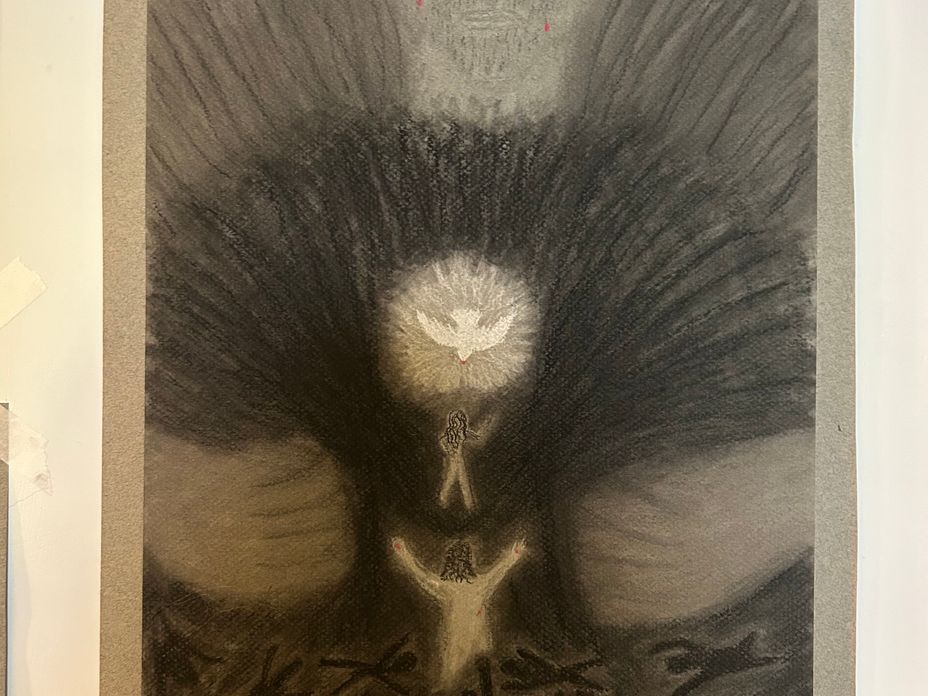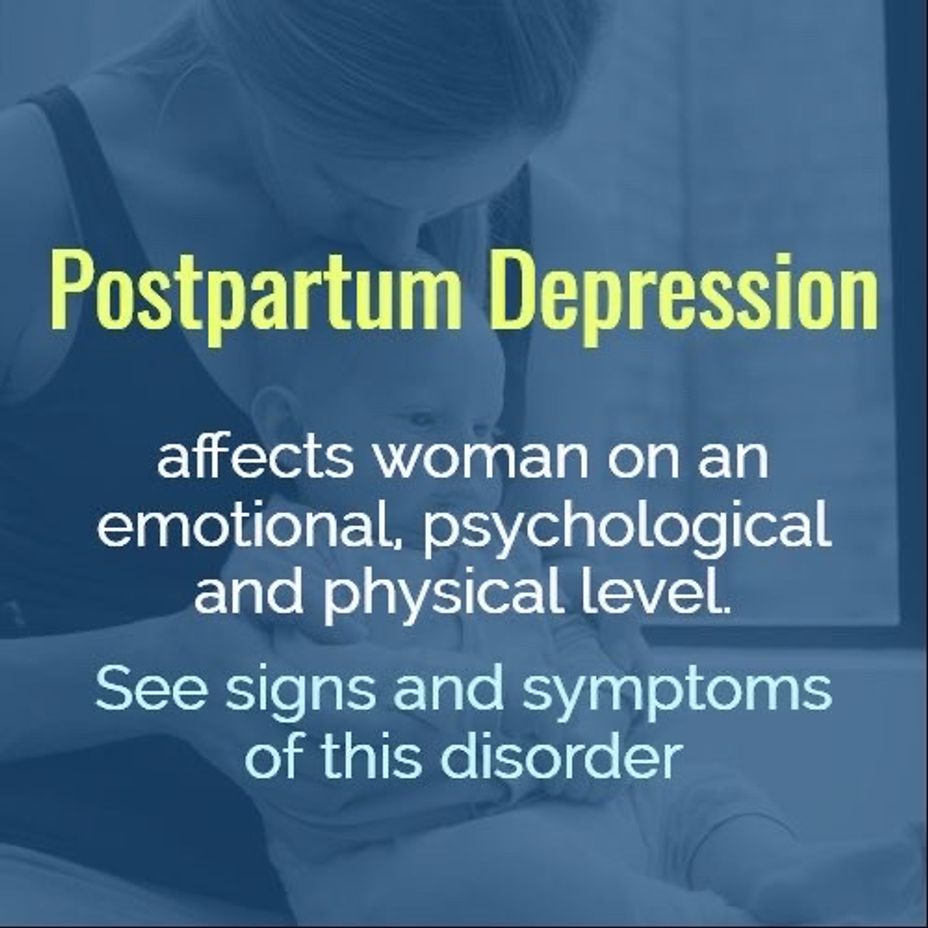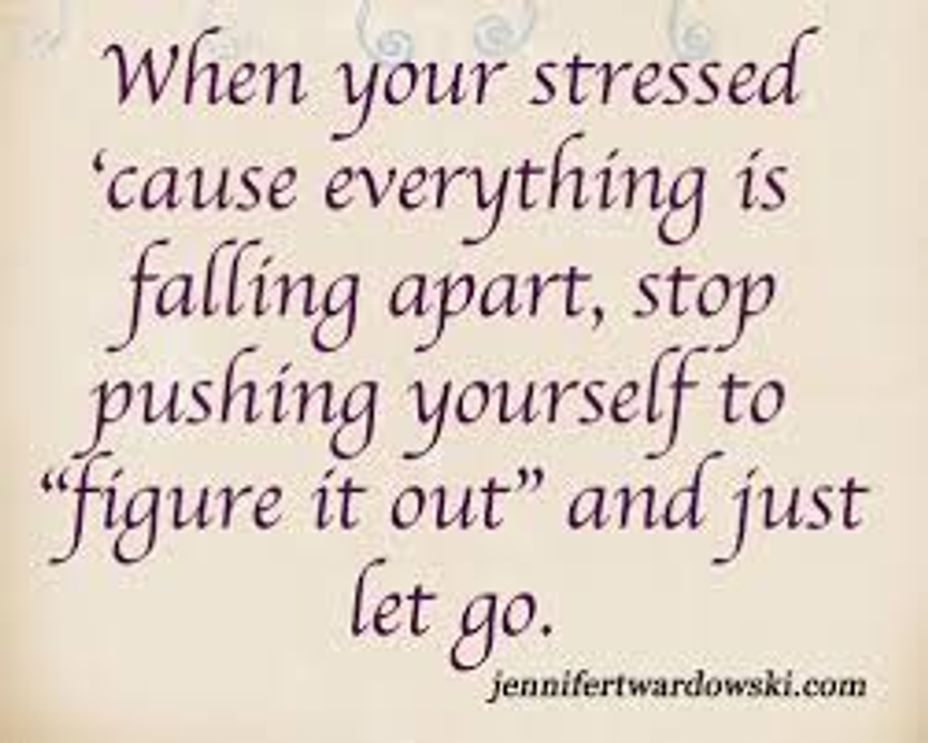They told me I’d glow.
They said I’d be over the moon with love.
They told me to “enjoy every moment.”
No one told me I’d feel like a stranger in my own skin.
No one warned me that even though I adored my baby, there’d be days I didn’t recognize the woman holding her.
I’m a doctor. I know what a diagnosis looks like.
But postpartum depression?
That one snuck in quietly—while I was too busy pretending to be okay.
☁️ It Didn’t Look Like Depression
It looked like:
• Laughing at baby jokes but crying behind locked doors.
• Guilt about not feeling “grateful enough.”
• Feeling like I was failing at something every other woman made look effortless.
And that’s where the myths begin.
💔 The Myths That Hurt Us
Myth #1: “If you’re depressed, you won’t love your baby.”
Wrong. I loved my baby with my whole soul.
But there were nights I held her while feeling completely empty.
Love wasn’t the problem. Loneliness was. Exhaustion was. Hormones were.
Myth #2: “It’s just baby blues. Drink water.”
Baby blues are normal. Postpartum depression?
That’s a deeper ache. It’s not cured by a nap or a motivational quote on Instagram.
It needs care. Real, non-judgmental, professional care.
Myth #3: “Good moms don’t fall apart.”
Oh, we do.
In between diaper changes and bottle washes.
We fall apart quietly in showers and grocery store parking lots.
Falling apart doesn’t make you a bad mom. It makes you a human one.
🌸 The Moment I Finally Said, “I’m Not Okay”
It wasn’t dramatic.
I didn’t collapse in the hospital hallway or scream into a pillow.
I just sat on the bathroom floor one morning and whispered:
“I think I need help.”
That whisper saved me.
Because strength doesn’t always roar.
Sometimes it’s in asking for help.
Sometimes it’s in texting a friend: “Do you have time to talk?”
Sometimes it’s booking the therapy appointment you’ve been avoiding for months.
🧠 From a Doctor’s Heart: Here’s What I Want You to Know
Postpartum depression is not your fault.
It is not a reflection of your faith, your worth, or your ability as a mother.
It is a medical condition.
And like any other medical condition—it is treatable.
I say this as a doctor.
And I say this as a mother who has walked through that storm barefoot.
🌙 As a Muslim, Here’s What Gave Me Hope
My faith reminded me that even pain has purpose.
“Verily, with hardship comes ease.” (Qur’an 94:6)
And sometimes, that ease comes in the form of support groups.
Or therapy.
Or just letting yourself cry without guilt.
Allah does not burden a soul beyond what it can bear.
But mama—you don’t have to carry it alone.
💬 If You’re Reading This and Nodding Through Tears
You are not broken.
You are not behind.
You are not alone.
You are a mother—brave, exhausted, extraordinary.
You are allowed to have hard days and still be an incredible parent.
You are allowed to get help and still be strong.
You are allowed to feel sad and be grateful.
These things can coexist. And often, they do.
🌼 To Every Mama Out There
Let’s break the silence.
Let’s rewrite the narrative.
Let’s stop expecting mothers to smile through struggle just because it’s “supposed to be the happiest time.”
And if today you feel like you’re barely keeping your head above water—know this:
You are not drowning.
You are transforming.
And the version of you on the other side of this storm?
She’s stronger, wiser, and softer than ever before.
🧷 You’re Not Alone — Here’s Where to Start:
• Talk to your doctor—really. They want to help.
• Seek out mom support groups online or locally.
• Follow faith-informed therapists or wellness pages on social media.
• Text a trusted friend and just say, “Can we talk?”
• Most of all—be gentle with yourself
You’re not a bad mom.
You’re a mom who deserves to be cared for, too




